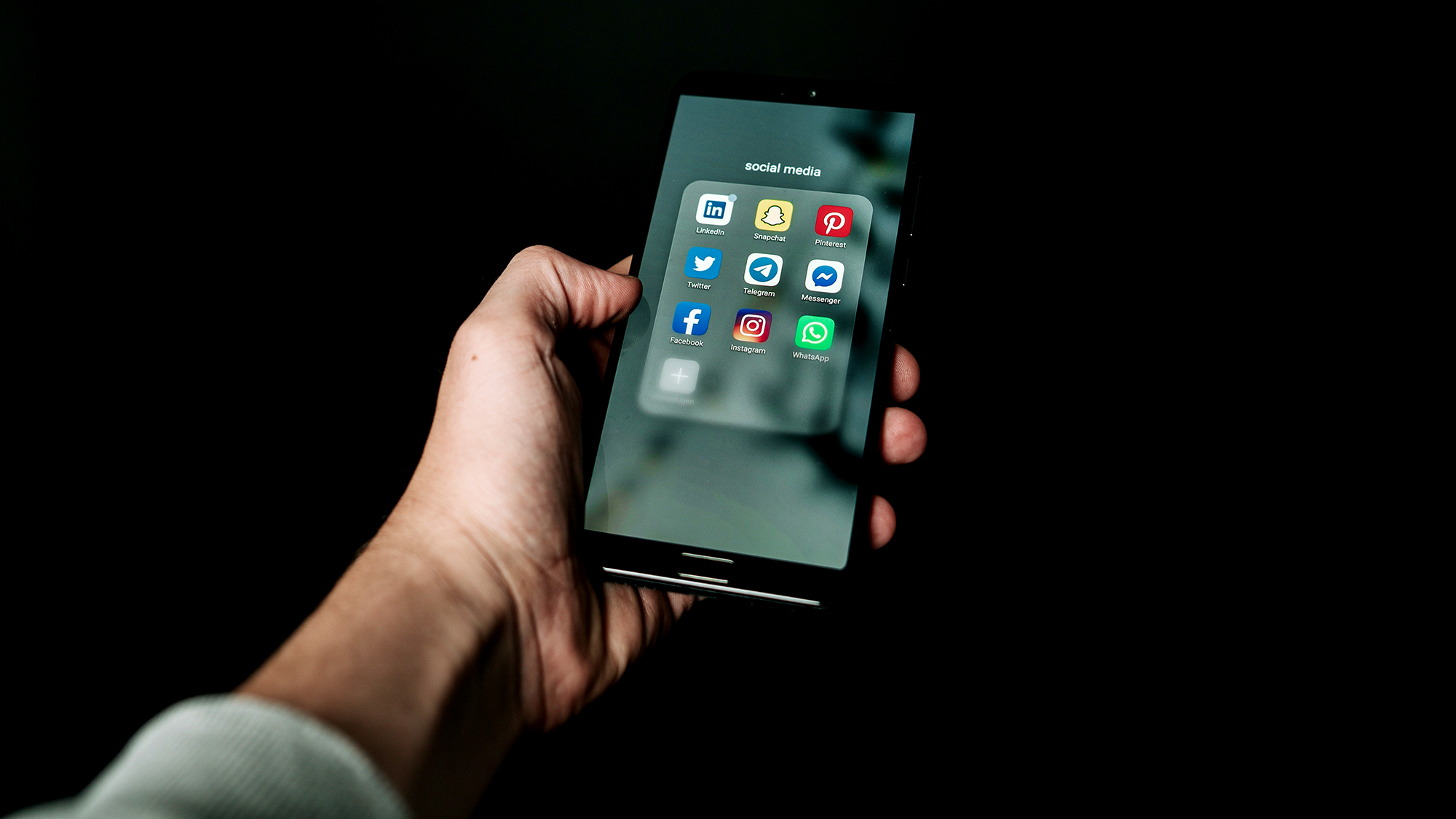The Nieman Lab, an organization that follows and predicts journalism trends, recently came out with a report that had journalists abuzz online. “Gen Z demands personality from journalists,” the headline reads.
There was an immediate uproar. They want more from us? I’m here to argue that actually, they really don’t. Most people consume what’s already there, and for young people like myself, a huge chunk of my life has already been documented online. The question instead is how to live with the virtual lives we’ve created.
I’ve been thinking about my public image since I could comprehend what a public image was. While some journalists pushed back against Nieman Lab’s suggestion to appeal to a Gen Z audience as a pseudo-influencer, I always expected this of myself. While I don’t aspire to be an influencer, I do want to make an impact on my personal audience with the words I write and the life I live.
Like many people, I would say I have a control issue. It mostly expresses itself in color coded spreadsheets, taking point on event planning and stepping into leadership roles. When it comes to social media, my control issue turns into a fixation over controlling my image.
I’ve always compartmentalized myself on social media, for better or for worse. I had private accounts upon private accounts in high school. When Snapchat came out with seemingly limitless private stories, I was elated. I currently run an Instagram account for my dogs. I have my “public” private Instagram account and my private Instagram account.
When I began my Twitter account in 2015, I did so with the knowledge that everything I put out on the internet would be there forever. I once deleted my most viral tweet — a joke about Donald Trump being on future AP U.S. History exams — simply because I was worried about mentioning his name.
[15 books we loved reading in 2021]
I recently locked my public Twitter account because a nonstop parade of bots started following me. While I could have just let them boost my ratio, I felt nervous having empty followers that might try to hack me.
This move from public to private left me questioning my online persona — “What’s the point in posting?”
Social media isn’t just my personal life. It’s also my professional life. I publish content for two news publications, including The Diamondback, that have a combined audience of over 430,000. I’m not afraid of my content being seen online. Yet, at the same time, I am — hence the existence of many, many private layers.
So, how do we live life in a setting where we continue to be exposed to everyone we’ve ever met? We compartmentalize. We’re used to sharing information quickly and making snap judgements about what appeals to who. While The Nieman Lab said Gen Z craves authenticity, we must carefully walk the line between that and privacy: Multiple accounts is simply boundary-setting (ehem).
The debate about whether social media is good or bad is almost irrelevant. Of course it’s bad — but it’s here to stay.
[The Diamondback’s top 21 songs of 2021]
And social media is trying to become healthier. Most applications still aren’t doing a great job — cough, Facebook — but some of them are trying. Recently, I saw a warning on Twitter that said, “Some conversations can get heavy. Don’t forget the human behind the screen.” I really appreciated that.
Social media is thrilling to me. It’s complex and continually changing. It’s frustrating and sometimes risky. It’s art, and it’s shit-posting. It’s feeling like people know you and at the same time, knowing that they only know what they perceive of you. It’s permanent and fleeting — things happen so fast and yet, you never know what can resurface.
There’s no easy answer to how we make social media more bearable. Companies will still try to profit off of us however they can. We will try to profit off of other people — for website clicks and GoFundMe donations and straight-up attention — but we can take breaks offline and block or mute people when we need to. Most of all, we can continue to have fun with it however we can.
Anyways, all that to say: I’ll see you when I unprivate my Twitter account in like, a week.



